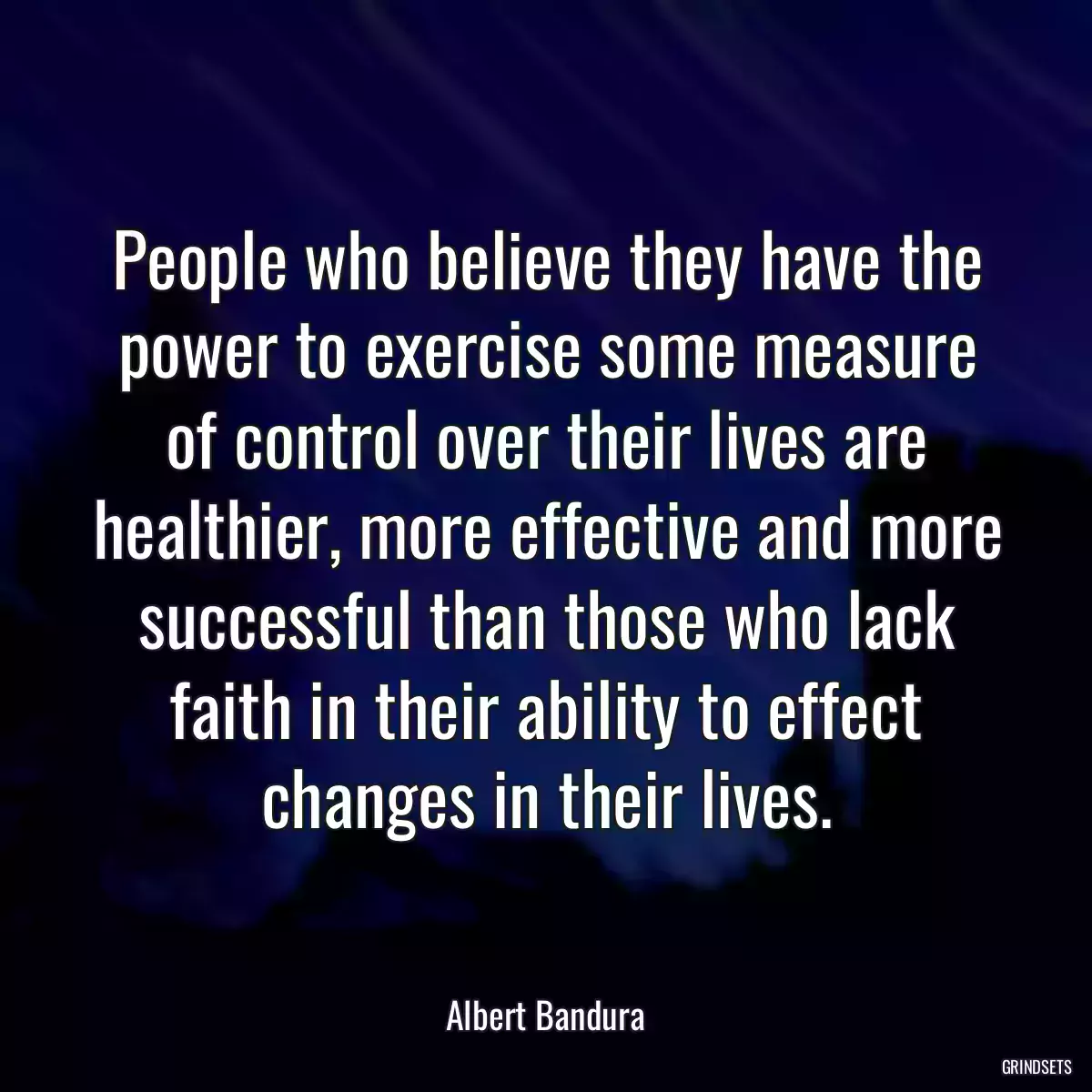
People who believe they have ...

More phrases
Being self-made is a state of mind, and once you put that mentality to work, your success will come.
Dave East
A lot of people change for good. Some people just fall off. Just trying to progress in anything, no matter what you're doing, I feel like any progression you make... some people aren't gonna be around you that were around you.
Dave East
There are no secrets to success. It is the result of preparation, hard work, and learning from failure.
Once you get the nod, your mentality totally changes. It's like a heavyweight fighter-you win the title and that's it, you don't want to look back and you don't want to change. That's the way I feel and I'm looking to keep the job.?
Mark Sanchez
Inspirational leaders need to have a winning mentality in order to inspire respect. It is hard to trust in the leadership of someone who is half-hearted about their purpose, or only sporadic in focus or enthusiasm.
Sebastian Coe
Quotes from the same author
Perceived self-efficacy also shapes causal thinking. In seeking solutions to difficult problems, those who perceived themselves as highly efficacious are inclined to attribute their failures to insufficient effort, whereas those of comparable skills but lower perceived self-efficacy ascribe their failures to deficient ability
Albert Bandura
Self efficacious children tend to attribute their successes to ability, but ability attributions affect performance indirectly through perceived self-efficacy
Albert Bandura
The performances of others are often selected as standards for self-improvement of abilities
Albert Bandura
For many activities, people cannot rely solely on themselves in evaluating their ability level because such judgments require inferences from probabilistic indicants of talent about which they may have limited knowledge. Self-appraisals are, therefore, partly based on the opinions of others who presumably possess evaluative competence
Albert Bandura
The evaluative habits developed in sibling interactions undoubtedly affect the salience and choice of comparative referents in self-ability evaluations in later life
Albert Bandura